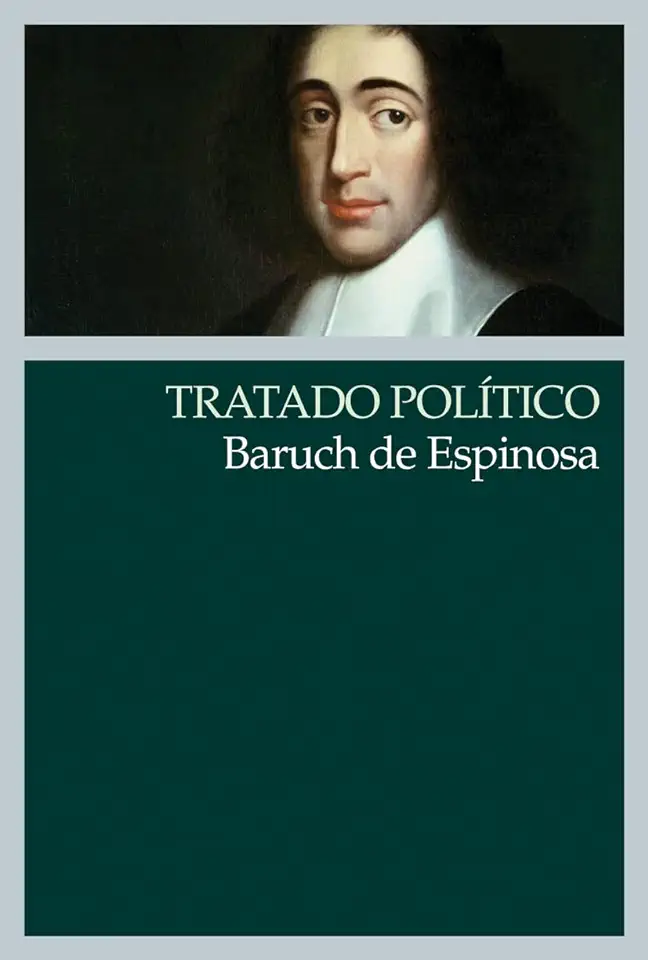
A Political Treatise - Baruch de Spinoza
A Political Treatise
In his seminal work, "A Political Treatise," Baruch de Spinoza presents a comprehensive and thought-provoking exploration of political philosophy. Written in the 17th century, this treatise remains relevant and insightful, offering a unique perspective on the nature of government, individual rights, and the role of the state.
Key Themes
Spinoza's treatise delves into several key themes that form the foundation of his political thought. These include:
The Social Contract: Spinoza argues that individuals form a social contract to establish a state that protects their natural rights and ensures their well-being. This contract is based on the principle of mutual consent and cooperation, emphasizing the importance of collective action in securing individual liberties.
Natural Rights: According to Spinoza, individuals possess certain fundamental rights by virtue of their existence. These rights include the right to life, liberty, and the pursuit of happiness. He asserts that these rights are inherent and inalienable, and any government that infringes upon them violates the social contract.
Limited Government: Spinoza advocates for a limited government that respects and safeguards individual rights. He argues that the power of the state should be restricted to prevent it from becoming oppressive. This concept of limited government emphasizes the importance of checks and balances, separation of powers, and the rule of law.
Democracy: Spinoza favors a democratic form of government as the most effective means of protecting individual rights and promoting the common good. He argues that democracy allows for the participation of all citizens in decision-making processes, ensuring that the interests of the majority are represented.
Significance and Impact
"A Political Treatise" has had a profound impact on political thought and philosophy. Its innovative ideas and arguments have influenced subsequent political theorists and shaped the development of modern democratic systems. Some of the key contributions of Spinoza's treatise include:
Challenging Absolutism: Spinoza's critique of absolute monarchy and his defense of individual rights challenged the prevailing political ideologies of his time. His work contributed to the rise of democratic ideals and the eventual decline of absolutist regimes.
Separation of Church and State: Spinoza's emphasis on the separation of church and state was a radical concept during the 17th century, when religious authority often held significant political power. His arguments laid the groundwork for the secularization of politics and the establishment of religious freedom.
Influence on Enlightenment Thinkers: Spinoza's ideas had a profound influence on Enlightenment thinkers such as John Locke, Jean-Jacques Rousseau, and Voltaire. His emphasis on individual rights, limited government, and democracy provided a philosophical foundation for the Enlightenment's ideals of liberty, equality, and progress.
Why You Should Read "A Political Treatise"
"A Political Treatise" is a must-read for anyone interested in political philosophy, history, and the foundations of modern democracy. Spinoza's brilliant insights and thought-provoking arguments offer a unique perspective on the relationship between individuals and the state, challenging conventional notions of power and authority.
By delving into Spinoza's treatise, you will gain a deeper understanding of the origins of democratic principles, the importance of individual rights, and the role of government in society. This classic work will inspire you to think critically about political systems and encourage you to actively participate in shaping a more just and equitable world.
Conclusion
"A Political Treatise" by Baruch de Spinoza is a timeless masterpiece that continues to resonate with readers centuries after its publication. Its profound exploration of political philosophy provides valuable insights into the nature of government, individual rights, and the pursuit of a just society. Whether you are a scholar, a student, or simply someone interested in understanding the foundations of democracy, this book is an essential addition to your library.
Enjoyed the summary? Discover all the details and take your reading to the next level — [click here to view the book on Amazon!]